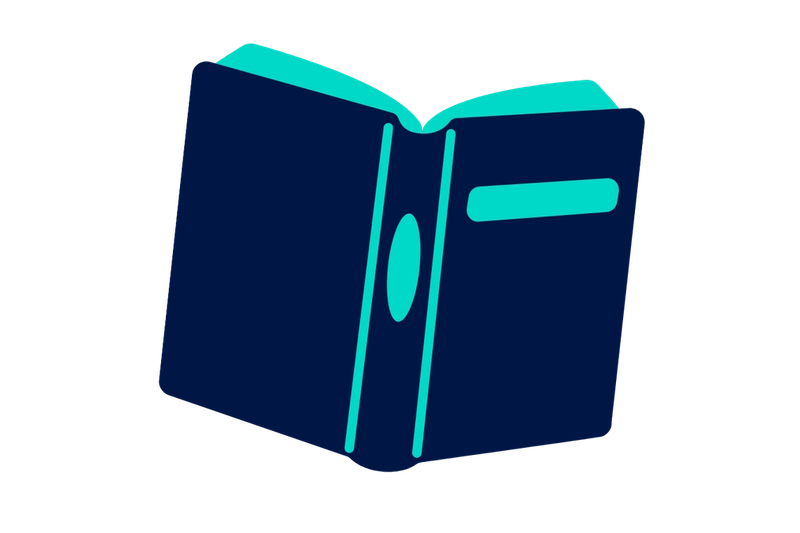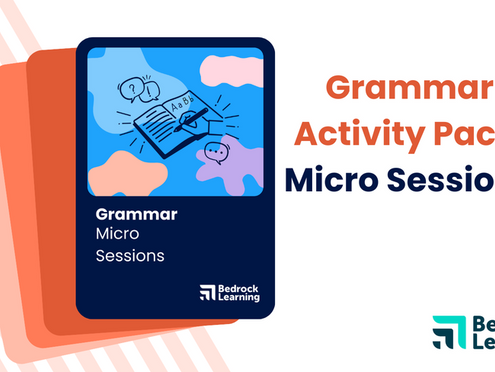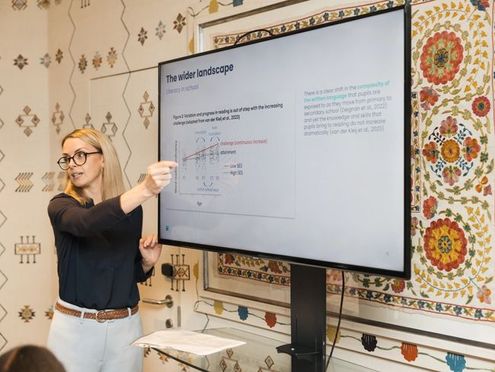My outcomes rapidly improved. My confidence to move learners forward grew. My ability to instruct and support learners was transformed.
So what exactly is it? It’s a playbook: a playbook that offers you a very clear blueprint to not only understand writing instruction, but to use that understanding to completely, well, revolutionise the way your learners write.
Synergising Technical Accuracy, Subject Knowledge and Exam Smarts
Until fairly recently, teachers were left in shady territory when it came to reconciling technical knowledge of language, subject specific knowledge and what we might term ‘exam smarts’. All the while, irrespective of starting point, every learner has a ‘next step’ to take. It was all a bit of a quagmire, and ‘literacy’ often got sidelined - sometimes even ignored. Thankfully, Timothy Shanahan’s work on disciplinary literacy has shifted the discussion into a more sensible space, helping leaders and teachers to clarify the way that the lots of different threads can complement one another. The Writing Revolution represents a clear, actionable framework to support learners to improve their writing.
At Bedrock, we have a team of dedicated, experienced teachers whose job is to support schools with implementation of literacy strategy. We all feel strongly about the transformative potential of The Writing Revolution, which is why we’ve dedicated so much time to creating subject specific guides that will help you start the writing revolution in your own classes. You can download the guide for your subject here:
Everyone Deserves a Revolution
Fundamentally, schools exist to prepare their young people for the future. It’s just that - as we know - some young people need more support to prepare than others. For example, when it comes to the entrenchment of disadvantage in schools, the answers are there. And they are presented to us time and time again.
Early literacy performance correlates with long term outcomes. But, if schools intercept poor literacy early on in a child’s school journey, amazing things can happen. It sounds simple, but doing it day in, day out is tough. A school year is like a marathon, but the rise in persistent absence and the constant tsunami of other factors that schools are battling against effectively means running that marathon with a piano strapped to your back.
However, whilst the FFT Data Education Lab does acknowledge that more needs to be researched on this, it concludes:
“Improved early literacy skills are associated with better longer-term outcomes, and the magnitude of this improvement is similar in magnitude to the negative association with long-term disadvantage (for education outcomes, at least).”
As well as this, being ‘disadvantaged’ is anything but a homogenous group. There are a whole host of things that cause gaps to open in learning.
The Bedrock Belief
At Bedrock, we believe that education outcomes are an important part of our educational landscape. They help schools understand the impact of their work, and they give learners the keys to go through doors and onto a future that they can at least have a say in.
But literacy is about something more. We’ve written extensively about helping young people to find their voice, about the importance of explicit writing instruction and about supporting learners that need it most.
Our dedicated Teaching & Learning Team spend a great deal of time supporting schools with their literacy strategies, and we always ask schools three questions:
- How do you see Bedrock supporting your primary literacy goals?
- What does this look like for teacher and learner engagement?
- How can we create the conditions for this?
Why Bedrock Matters
Our vocabulary platform targets gaps in learners’ academic language. It teaches, reteaches and recaps the terms they need to be successful.
Our grammar curriculum will take learners on a purposeful, sequenced journey to improve their academic written expression.
Our Mapper platform places over 38,000 pieces of subject knowledge in the hands of the teachers so that they can support their learners to acquire the powerful knowledge they need in order to succeed.
Whilst this is happening teachers and leaders are being given real-time insights into the literacy standards in their classrooms and schools.
In other words, whatever causes ‘disadvantage’ can be intercepted, and it can be challenged. Fundamentally, we exist to help schools make the interception, and get themselves on the front foot.
What’s next?
If you’re a Bedrock School, remember that our dedicated team of teachers are always on hand to discuss strategy and pedagogy; in other words, what are you aiming for, and how can we make it happen? There is always more to be done, and we’re gaining more insights all the time. We’re contactable at education@bedrocklearning.org.
If you’re not a Bedrock School, please reach out to new.school.partnerships@bedrocklearning.org, and again, our dedicated specialists will help you work through what you need, and how to get started.




